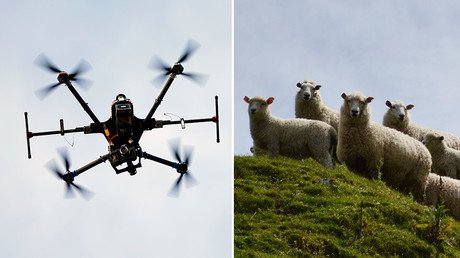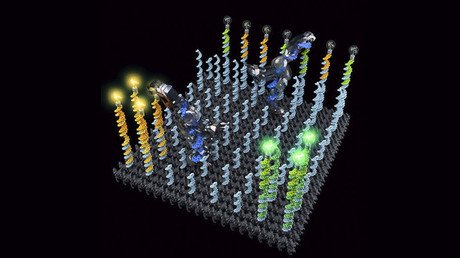Cutting-edge: Russian robot operates on pig in futuristic gynecology surgery (PHOTOS)
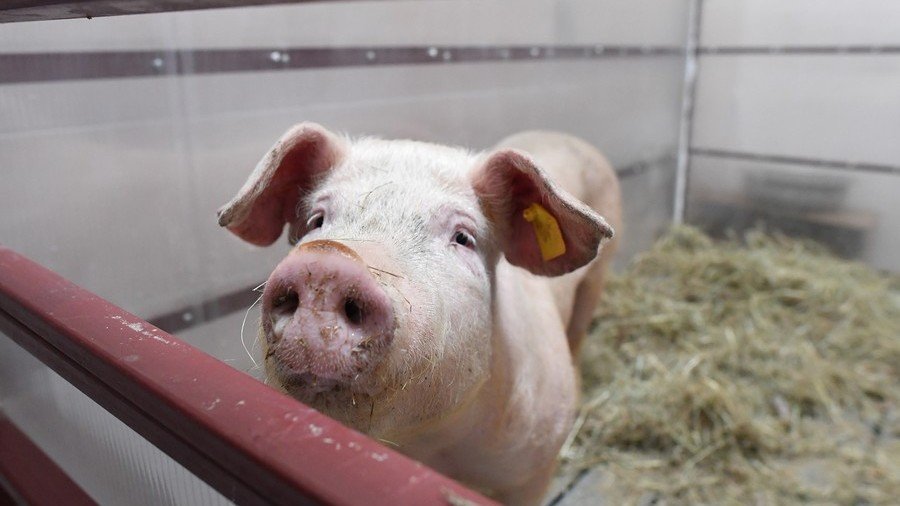
Russian doctors have conducted the first test of a new, Russia-developed robot that can assist complicated surgeries. A pig suffering from a uterine tumor became its first patient and, as a result, can now become pregnant.
On Wednesday, the machine, developed by engineers from the Institute of Design and Technology Informatics (IKTI) at the Russian Academy of Sciences, carried out its first surgery in the city of Penza, 650 km south of Moscow. Doctors used its robotic arms to remove uterine fibroids, a kind of non-cancerous tumor on the uterus, from a six-month-old pig called Rosa. The disease left her unable to have piglets but, fortunately, scientists decided she was just the right test subject for a pioneering new robotic surgery.
READ MORE: 'All-seeing' camera to revolutionize 'robotically augmented surgeries'
The new Russian model follows the advances made in overseas robotics such as the Da Vinci system developed in the United States, and even surpasses them, according to the developers.
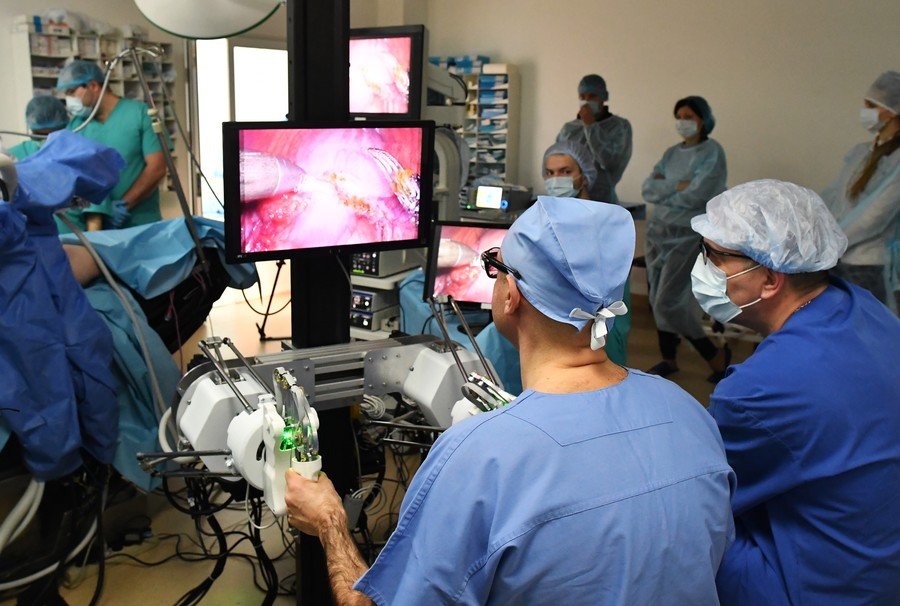
“There are about 50 companies in the world working on specialized robotic technology,” Sergey Sheptunov, director of IKTI, told RIA Novosti. “But our domestic model can compete with them due to its compactness, low weight and accuracy of movement.”
The new Russian model has three key advantages. First of all, it makes only small cuts and incisions, which take less time to heal. Secondly, cameras on the device allow surgeons to monitor the operation both on 2D and 3D screens and, thirdly, the doctor can sit during the procedure, removing the strain of standing around the operating table for hours on end.
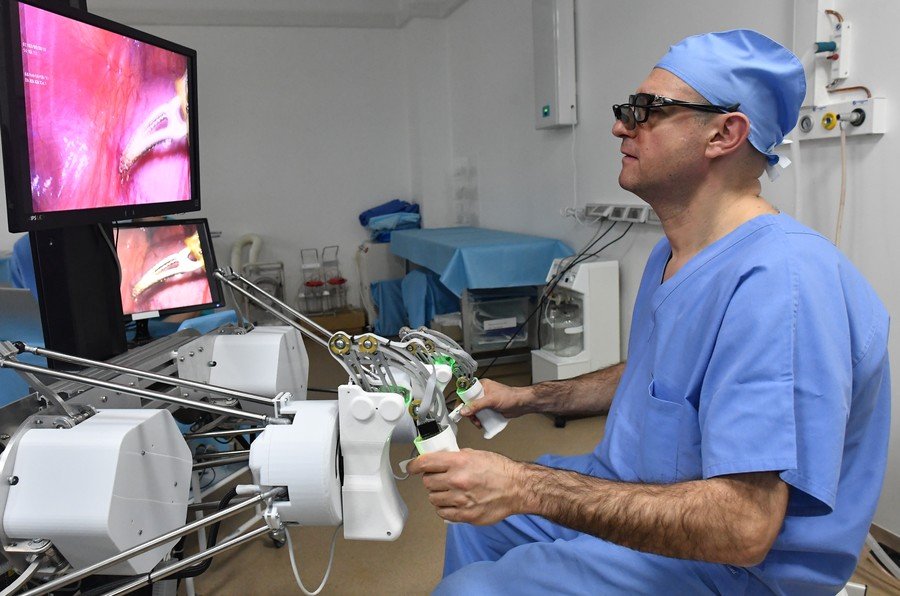
Rosa the pig was chosen as a test subject because a pig’s internal organs are similar to those of a human. The operation only took around 45 minutes and the piggy needs just 3-4 days to recover, what is much faster than after conventional surgery. Rosa is now expected to be pregnant within a month.
“Now her chances for having offspring are very high,” said Gennady Boryaev, head of the Department of Biology at the Penza Agrarian University. “Rosa’s groom Borya will be very happy about this.”
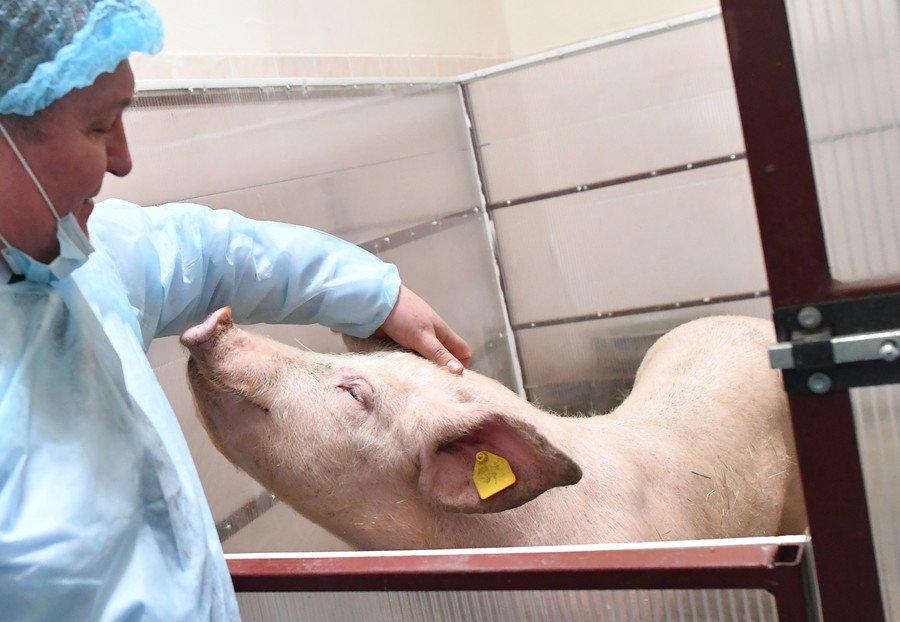
The robot is expected to perform well in the fields of urology and gynecology and could also be used for other operations, such as heart surgery, provided it’s under the supervision of an experienced doctor. The first mass-produced model is expected to be released in two years’ time.













